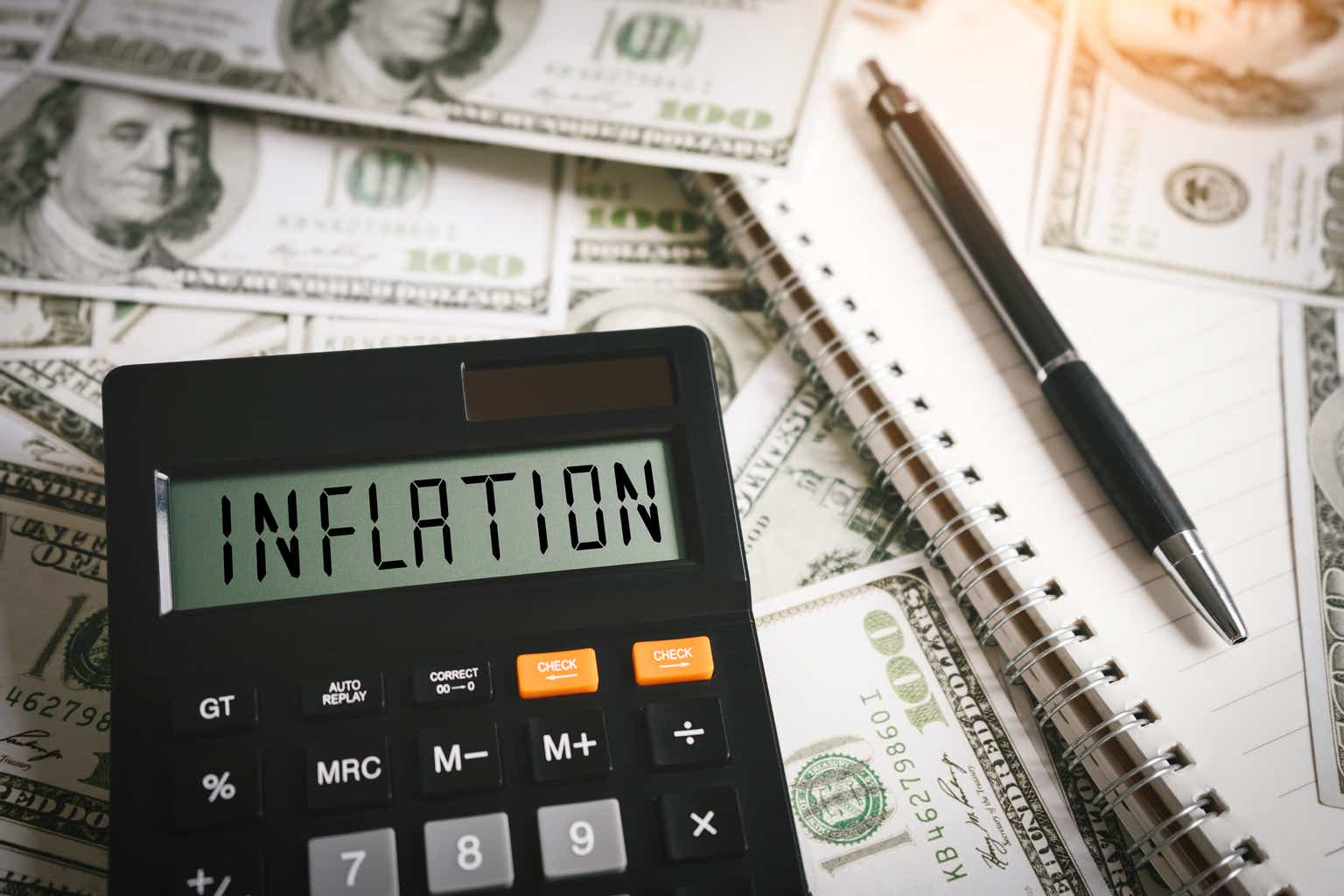The engine of enterprise – cheap, plentiful, consistent energy
But other things have benefited German manufacturing besides having a willing export market in China. Nord Stream I opened in 2012, providing Germany with even more cheap Russian gas. Russian gas was not new to Germany – even when the Berlin Wall came down Russia was supplying a third of West German gas. But it does appear that as Germany’s industry was expanding with ample Russian gas after 2012, the UK moved into its self-flagellation days. Instead of cutting the ‘Green Crap’ as Cameron had promised, the government expanded reliance on wind power, banned fracking and procrastinated about building new nuclear power stations.
So, while German energy became cheaper and more plentiful, UK energy became more expensive and less reliable. This is perhaps another cause of the differential between the two countries GDPs, and not Brexit. The UK’s
conversion to Green power sources has been a large drain on the economy and has coincided with the UKs GDP divergence from Germany. According to the ONS, electricity generated from wind power in the UK has increased by 715 per cent from 2009 to 2020.
So yes, the German economy has outperformed the UK, just as Germany has outperformed France since 2009. But will this continue? The German Think Tank,
IFO Institute thinks not. It is predicting German GDP to fall by E64b or 1.8 per cent due to high energy prices pushing manufacturing out of Germany. But the canny Germans are going back to coal, which is generally cheaper than gas, so they may yet still outperform the UK.





